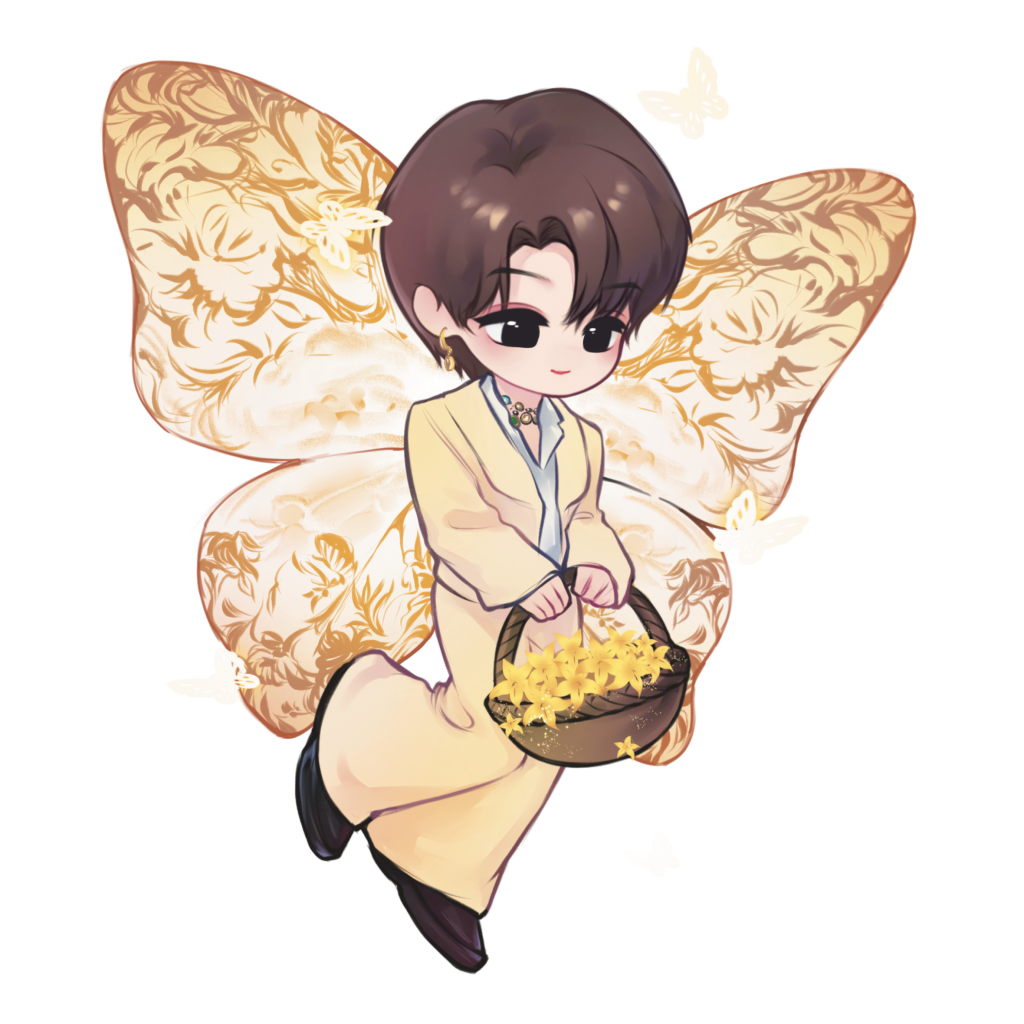



At the museum, I met the granddaughter of the natural inheritor of Nüshu: Hu Meiyue. She introduced us to some basic Nüshu pronunciation and sang Nüge for us.
Hu Meiyue is the granddaughter of Gao Yinxian, the natural inheritor of Nüshu. She learned to write Nüshu and sing Nüge with her grandmother since she was a child. She can read and sing Nüshu at the age of 3, write Nüshu at the age of 8, and learn to weave tapes and cut paper at the age of 12. Since then, she had been using her spare time to learn and inherit Nüshu.

Nüshu has the characteristic of multiple meanings, which means that a Nüshu character can represent many different characters in the Chinese language, so when reading Nüshu, we need to read it in context to understand it.

There are some Nüshu characters that look very similar to Chinese characters, and there are folklore that some characters look like slanted Chinese characters because women were not allowed to receive education in the past and could only look through the windows in the school.


Applied imagination in Nüshu.
